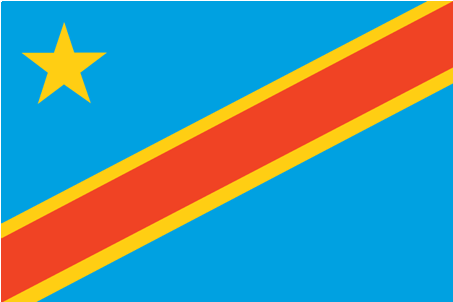Our news story this week is about a local family that adopted two toddlers from the Democratic Republic of Congo, or DRC.
It’s a story with a hopeful ending for those two children set in the midst of a tragedy that many people know nothing about.
As we explain in the piece:
“Since 1998, the DRC has been the sight of massacre and sexual violence so overwhelming that the few writers covering it tend toward comparison rather than digits. Incited by the same militant refugee group responsible for the Rwandan genocide, the First Congo War—sometimes called the African World War—involved nine countries, twenty armed factions and has claimed the lives of roughly 5.4 million people. A 2006 report commissioned by the UN relief effort UNICEF puts it like this: “[E]very six months, the burden of death from conflict in the DRC is similar to the toll exacted by the 2004 Indian Ocean tsunami.”
Though the exact number of rape victims in this bloody travesty is unknown, the report estimates them to be in the hundreds of thousands. “Sexual violence is consciously deployed as a weapon of war,” it states. Abortions are punishable by imprisonment, and yet women and girls who are raped and become pregnant often become social pariahs, rejected by even their families, according to the document.”
The UNICEF report concludes that global news doesn’t tend to follow this terrible epilogue to the Rwandan Genocide for some reason, perhaps its long history, the country’s deep poverty and the aura of hopelessness that hangs over it all.
If you want to find out more about the situation in DRC, here are some resources.
See the BBC’s coverage here.
The country’s profile on Human Rights Watch.
The county’r profile on International Crisis Group.
The UNICEF report we quote from in the piece, written by BBC War Correspondent Martin Bell.










